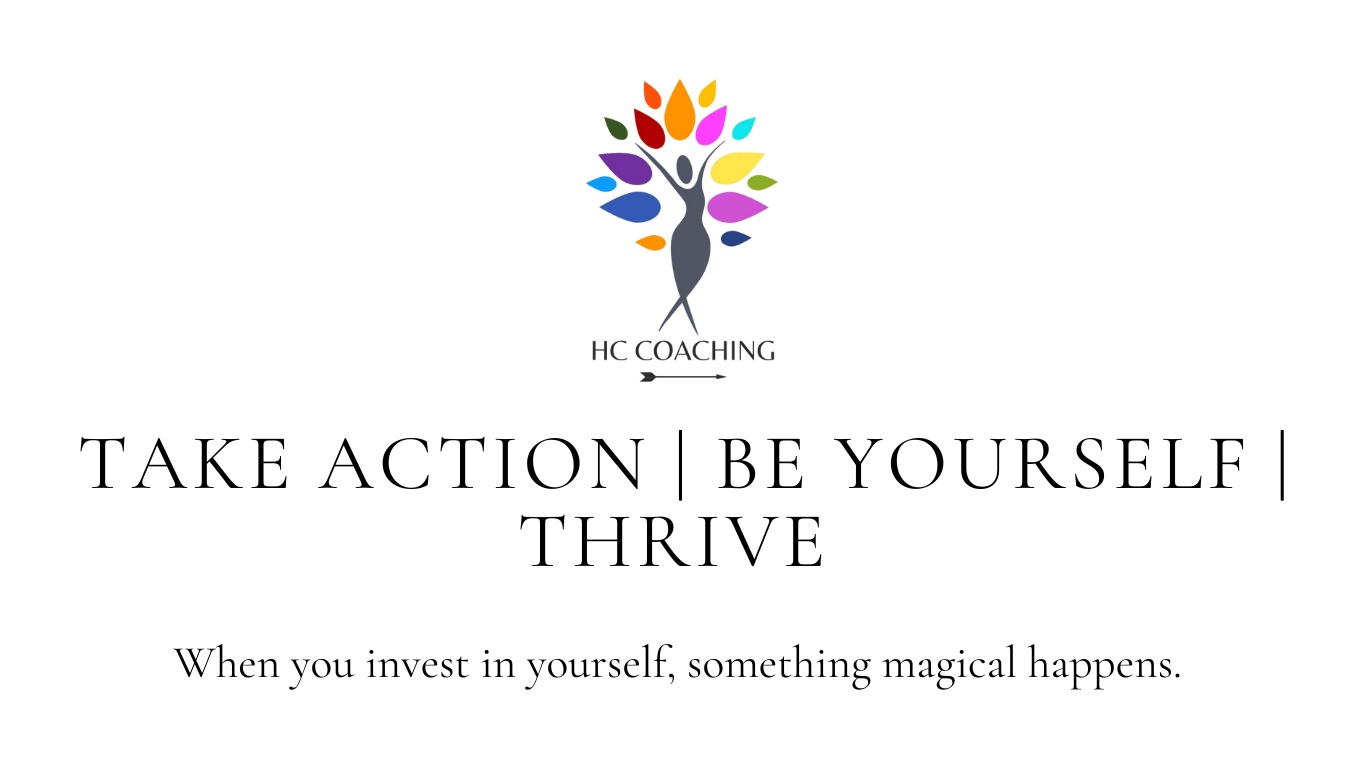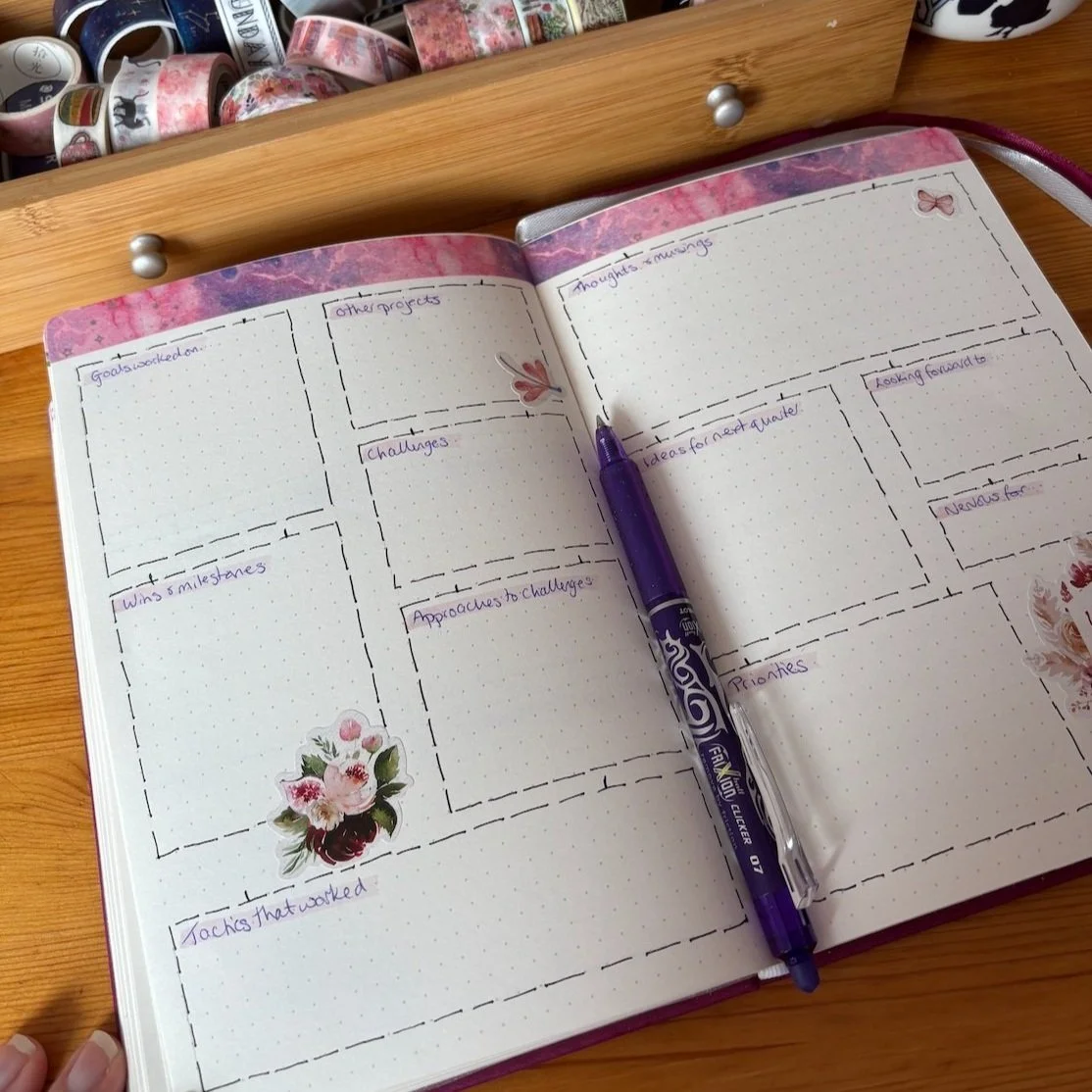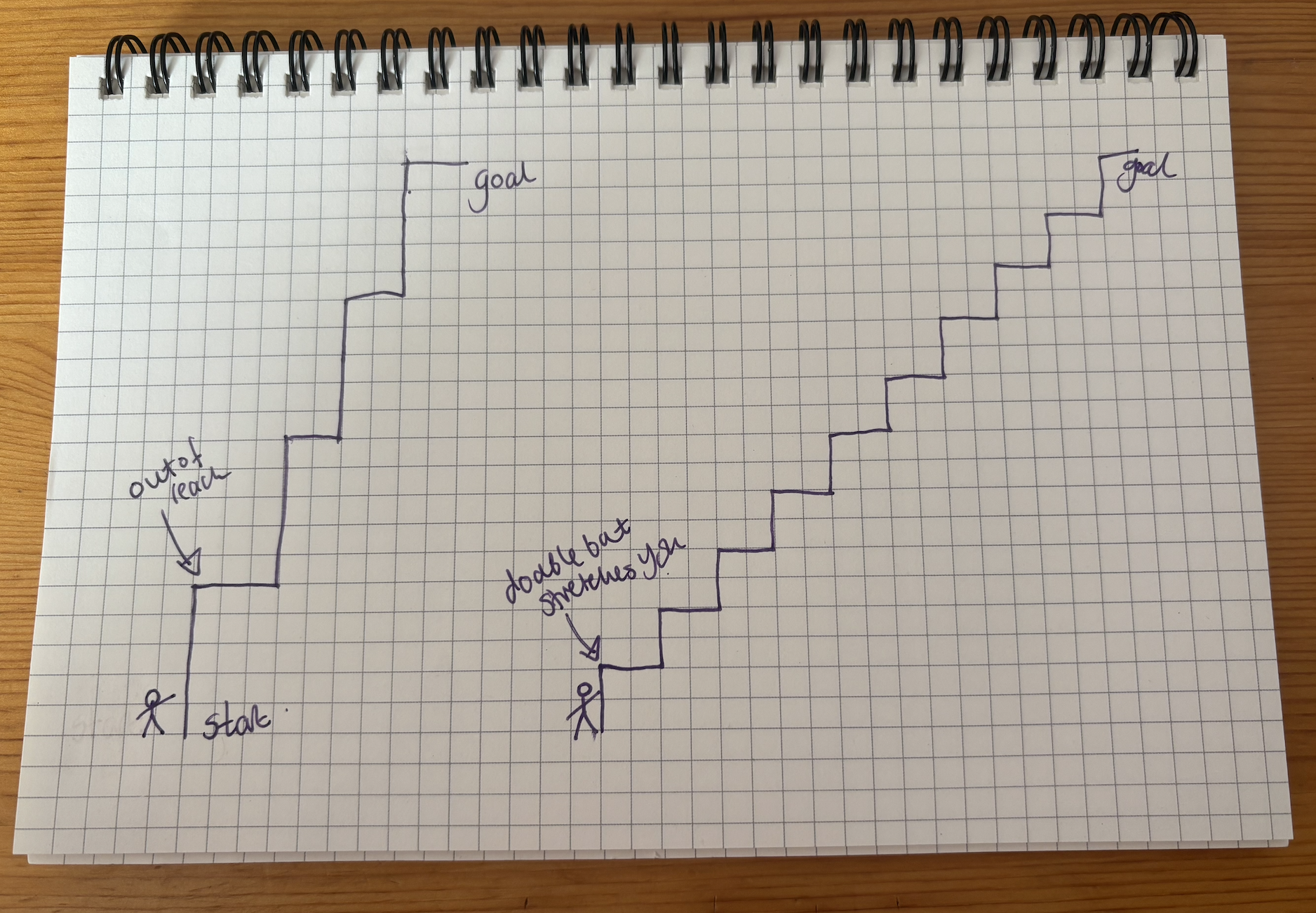The real reasons why you’re not reaching your goals.
Did you know, 92% of people don’t reach their goals? Here’s how you can join the 8% who do.
According to research from the University of Scranton, only 8% of people actually achieve their New Year’s resolutions. Whilst the study was conducted a while ago, from talking to a lot of people about goals recently, I know it’s still relevant today.
Why is this and more importantly, what’s different about the 8% who do follow through?
Let’s explore what it really takes to become part of that small but powerful group who actually make it happen.
Why Goals Don’t Stick
Vague goals and wishful thinking
Many people set goals like “get fitter” or “be more organised,” however these are too broad to act on. A 2015 study published in The British Journal of Health Psychology found that participants who wrote down specific plans (what, when and where they’d exercise) were significantly more likely to follow through than those who just said they “wanted to get fit.”
The 8% think in specifics. Instead of “get fitter,” they set “go to a yoga class every Tuesday at 6pm.” It’s much easier to add this to your calendar and tick it off as it’s a finite action you can take.
2. Too many goals at once
The more goals we set, the less likely we are to finish any of them. This isn’t about motivation, it’s about bandwidth.
A study by The American Psychological Association showed that multitasking reduces productivity by up to 40%. It follows then, when we try to “fix” every area of our life at once, we scatter our focus and energy. We’ve already got so much on, if we try to achieve 10 huge goals at once, we’re setting ourselves up to fail.
The 8% pick fewer goals and commit to them properly. Once they’re complete you can then move on to others.
3. Goals that aren’t really yours
Another reason people fall off the wagon? They’re chasing goals they think they should want, not goals that genuinely matter to them. Whether it’s societal pressure, family expectations, or online trends, it’s easy to lose sight of what you actually want.
The 8% stay connected to their “why” and it’s personal, it matters to them and they’re much more likely to stick with it.
4. Forgetting to check in
Even the most motivated person will lose steam if they never pause to reflect. Without regular check-ins, your goal becomes just another forgotten note in a journal or a dusty vision board.
The 8% make time to review, tweak and celebrate progress.
To summarise what the 8% do differently
From the research and from coaching my clients, I’ve noticed patterns in those who succeed:
✅ They set clear, realistic goals, usually no more than 2–3 at a time.
✅ They break their goals into small, doable steps.
✅ They know why the goal matters and keep that reason front and centre.
✅ They adjust their approach based on what’s going on in their actual life.
✅ They don’t try to do it alone.
Becoming one of the 8% – practical shifts you can make
If you're reading this thinking “yep, that’s me, I start strong then fizzle out,” you’re far from alone. It’s important for you to realise it is possible to shift from overthinking or procrastinating to taking real, steady action. Here’s where to start:
🔹 Set the right goals for you (and your life)
There’s no point setting a goal that doesn’t fit your reality. If your days are full with work, caring responsibilities, or emotional fatigue, your approach needs to work with that, not against it. Choosing goals that are important to you and manageable in the time and energy you have is a game changer.
Ask: “What’s the simplest version of this goal you can start with” You’d be amazed what builds from that.
🔹 Break it down (way down)
One of the most helpful things you can do is to break your big ideas into tiny tasks. Think 15–30 minute steps, not full-day projects. That’s how momentum builds — through small wins, not grand gestures. You don’t want hundreds of teeny-tiny steps that just clutter up your to-do list, but they’ve got to be achievable and move you forward.
Ask: “What is the first step I can take?”
🔹 Use systems that work for your brain
Some of us thrive on lists. Some need visual boards, colour-coding or sticky notes. Others need voice notes, alarms, or a paper planner. There’s no single right way — only what works for you. (This is something we explore in coaching: tailoring your systems so they support you rather than trip you up.)
🔹 Create a regular check-in ritual
This might be a weekly reflection, a monthly reset, or a five-minute Friday pause with a cuppa. It helps you spot what’s working, where you’re getting stuck and what needs tweaking.
Ask: “What went well? What can I do differently?”
🔹 Get support and accountability
It’s a lot easier to stay on track when you’re not doing it alone. Whether it’s a coach, a group, a friend who checks in, or a coworking session, having someone else notice your progress (or help you restart when things stall) can make all the difference.
That’s why we created The Coaching Circle, a place for women to come together, share their goals and actually do the things they say they want to do, with support along the way.
It’s not about willpower. It’s about support, structure and self-belief.
If you’ve struggled to stick to goals before, it doesn’t mean you’re lazy or unmotivated. It just means the approach didn’t fit your brain or your life. You can absolutely be one of the 8%, not by pushing harder, but by getting clearer, choosing the right support, and making progress in ways that actually work for you.
If you're ready to take a more thoughtful, supported approach to your goals, The Coaching Circle is open, or we can work together 1:1 to build a plan that fits you, not the other way around.


